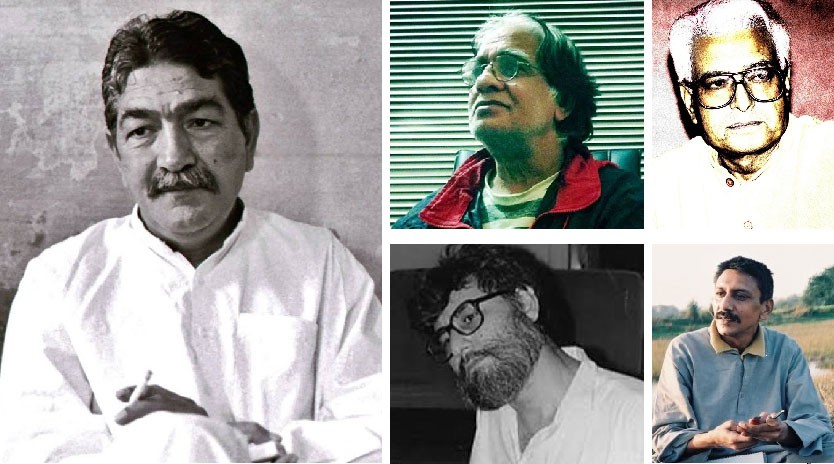
Punjab’s lost generation
A recollection of Anwar Chaudhary brings all those wanderers and post-partition Punjabis to mind who grew up with high hopes of a just society

A recollection of Anwar Chaudhary brings all those wanderers and post-partition Punjabis to mind who grew up with high hopes of a just society
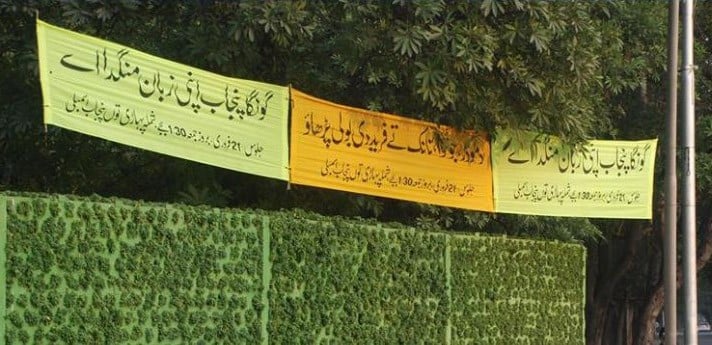
Every year’s Mother Language Day reminds us of the linguistic brutality and suppression of the state against Punjabi
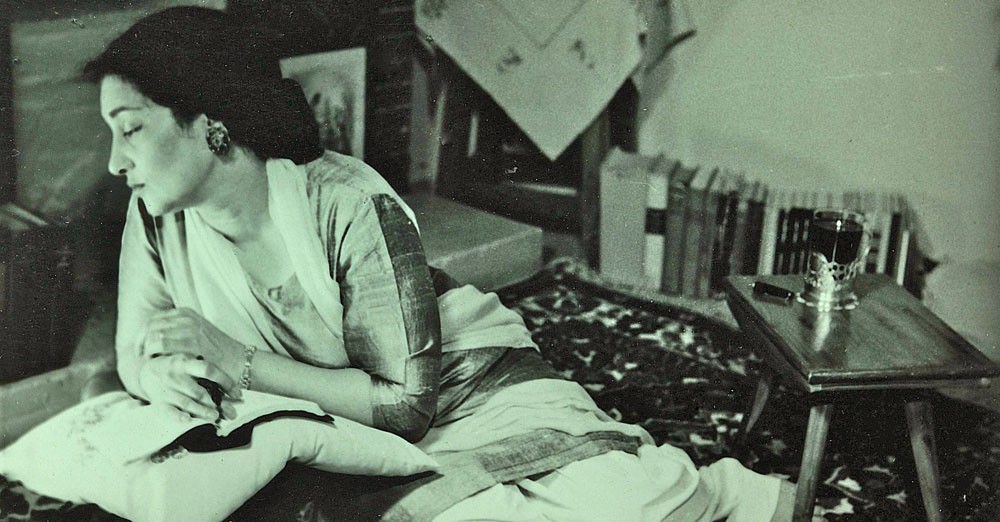
Recounting the women poets of the undivided Punjab, a poetic history that lies buried under male monopoly
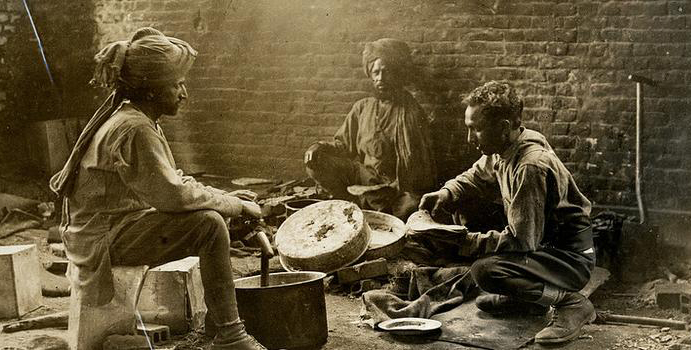
As WW1 centenary commemorations end, here’s the second and last part about the unique insight this war provided into colonial duplicity and local suffering, and the Punjabi folk lore it generated
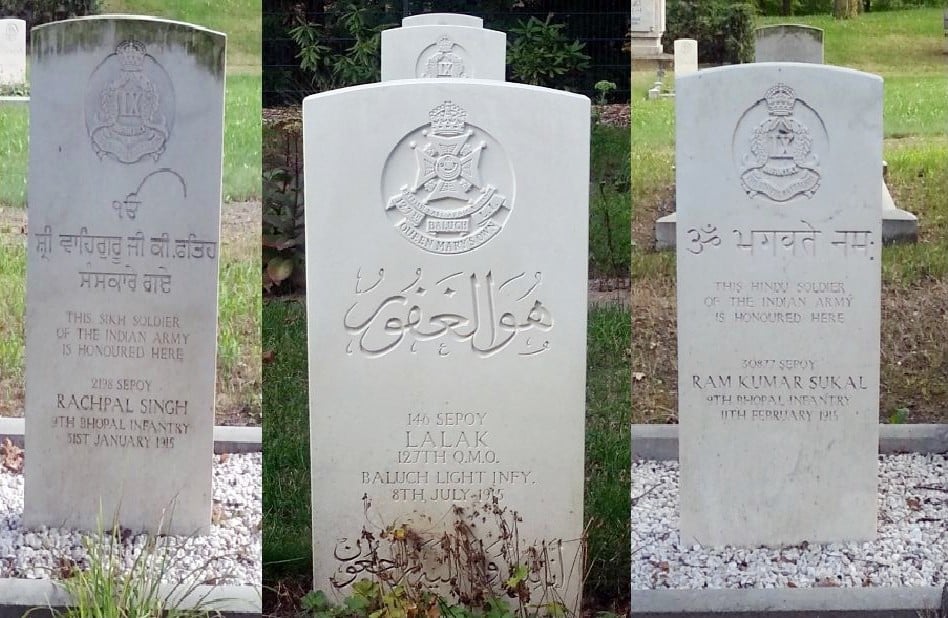
An account of the Punjabi soldiers who became the cannon fodder of the colonising power in World War I, and the mournful songs and literature this episode in history generated in its wake
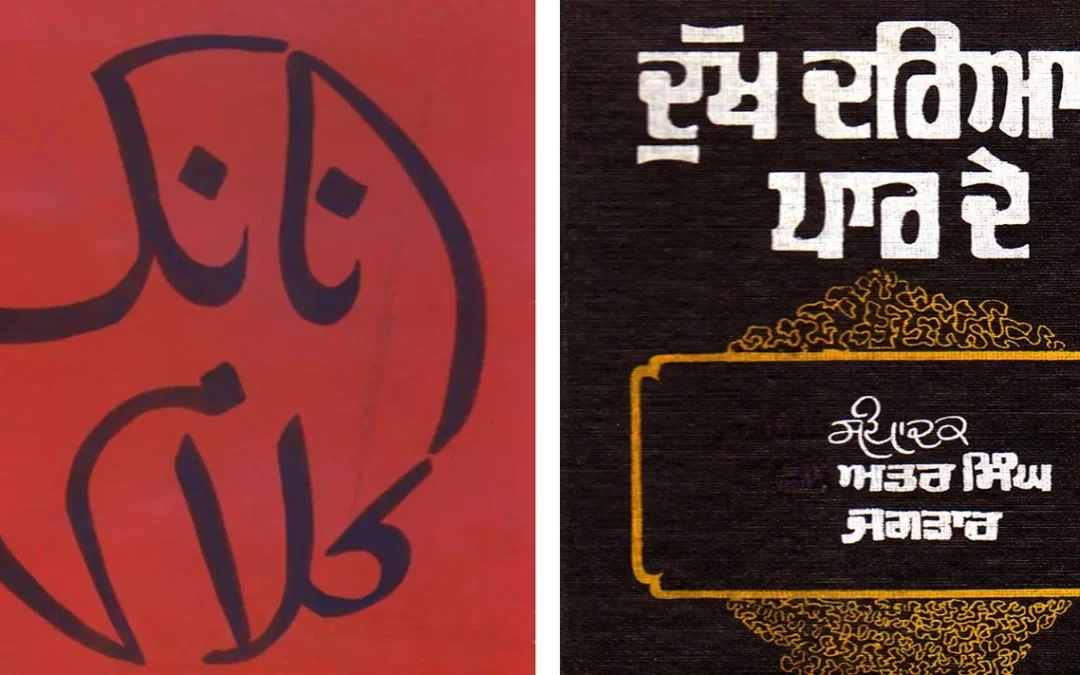
The language of Baba Farid, Guru Nanak and Damodar Dãs has something special about it. In the darkest of times and against all odds, it has had the resilience to survive
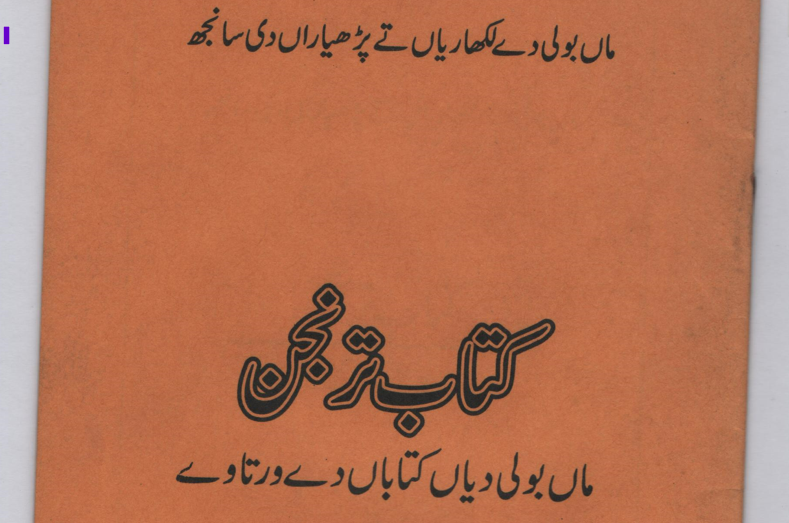
The story began in Mian Chambers, 3 – Temple Road, Lahore in February 1998, when I was searching for books by Najm Hosain Syed.
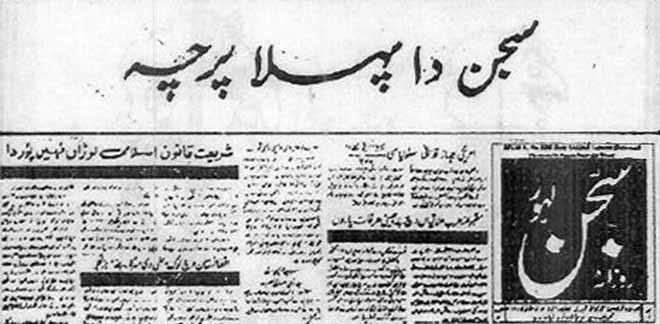
Sajjan was launched on February 3, 1989 from Lahore with a meagre amount of Rs1,76,606 from ordinary Punjabi lovers. All the staff except a few office workers was voluntary and without allowances or perks.

A language can survive in exile. But what about a language that has been exiled by its own people and by its own state?
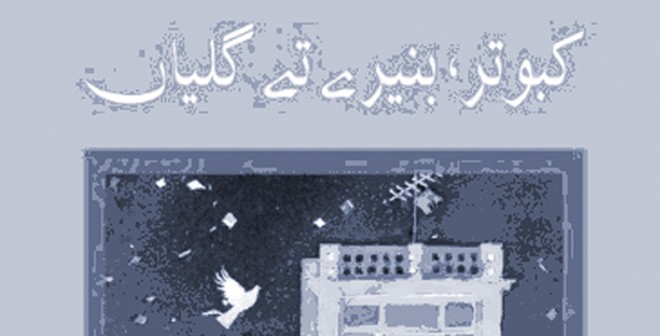
Zubair Ahmad is a poet, essayist, critic and short story writer. He is one of the most credible names of contemporary Punjabi fiction on both sides of the border